Elvis Presley — The King Who Redefined Music
When Elvis Presley first stepped into Sun Studio in Memphis in 1954, the world didn’t yet know it was about to meet the most transformative voice in popular music. A poor boy from Tupelo, Mississippi, raised on gospel hymns, country radio, and the deep blues of Beale Street, he was the living crossroad of American sound.
The early 1950s were a time of post-war restlessness. Segregation still divided America, but its music — Black rhythm & blues, white country, Southern gospel — was quietly fusing in the hearts of young dreamers. Elvis became the one to give it a face, a rhythm, and a voice that transcended every line drawn in the South.
His 1956 breakout, "Heartbreak Hotel,” hit like an earthquake. Teenagers screamed, preachers condemned, and television cameras tried to crop out his hips. But nothing could contain the sound — that trembling echo between innocence and rebellion. For millions, it was the sound of freedom itself.
Fame arrived fast, and so did the isolation that comes with it. Drafted into the army, drowned in Hollywood contracts, and shaped by handlers who sold a version of Elvis more than the man himself — he lost touch with the rawness that had made him immortal. Yet, through it all, his voice remained pure: aching, tender, unbreakable.
In 1968, dressed in black leather, he returned for the NBC Comeback Special — sweat pouring, guitar snarling, laughter breaking between verses. The boy from Tupelo was back, and the world fell in love again. From there came the Vegas years — rhinestones, ballads, gospel choirs, and a heart that still longed for something simple: the music, and the people it moved.
Elvis’s story is one of glory and tragedy, of a man who carried the weight of invention and the loneliness of a legend. But in every vinyl crackle, every echoing chorus, you still hear him — the truck driver turned king, still calling out across time: "That’s all right, mama.”
Milestones
- 1954: Debut recording at Sun Studio. That’s All Right launches the rock’n’roll era.
- 1956: "Heartbreak Hotel” tops charts; first TV appearances ignite youth culture.
- 1957: Film & hit single Jailhouse Rock define the image of a rock star.
- 1958–60: U.S. Army service; global fame continues even in absence.
- 1968: NBC Comeback Special reignites his artistic fire — raw, intimate, and alive.
- 1969–72: Vegas residency; "Suspicious Minds” and "In the Ghetto” mark a mature rebirth.
- 1977: Elvis passes at Graceland, leaving an eternal echo in modern music.
Iconic Albums
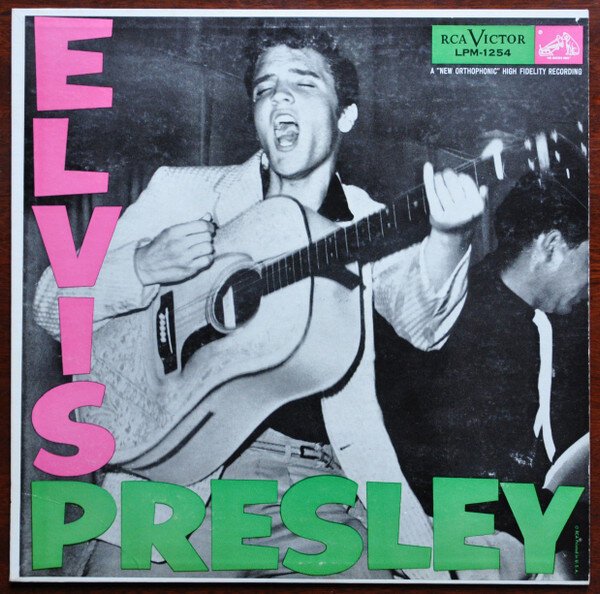
Elvis Presley (1956)
The debut that started it all — raw rockabilly energy captured forever.
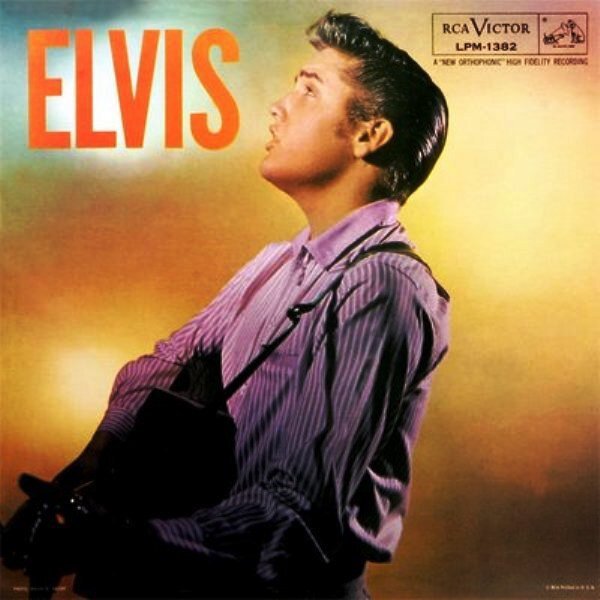
Elvis (1956)
Bold, youthful, and unstoppable — the sound of early rebellion.
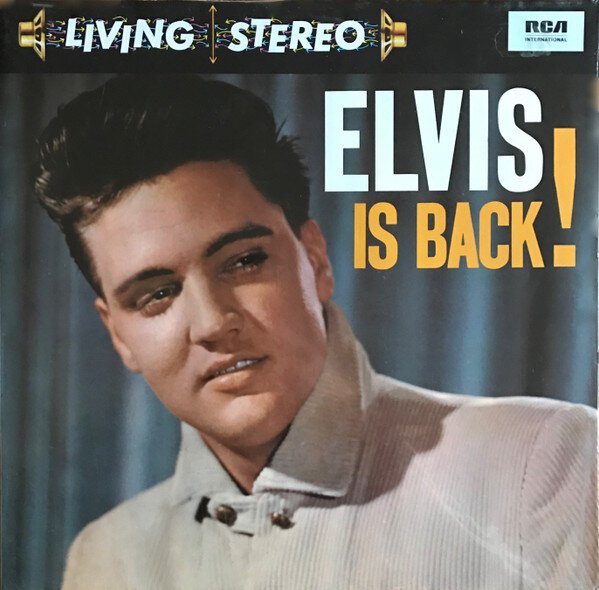
Elvis Is Back! (1960)
Return from service with deeper tone and emotional control.
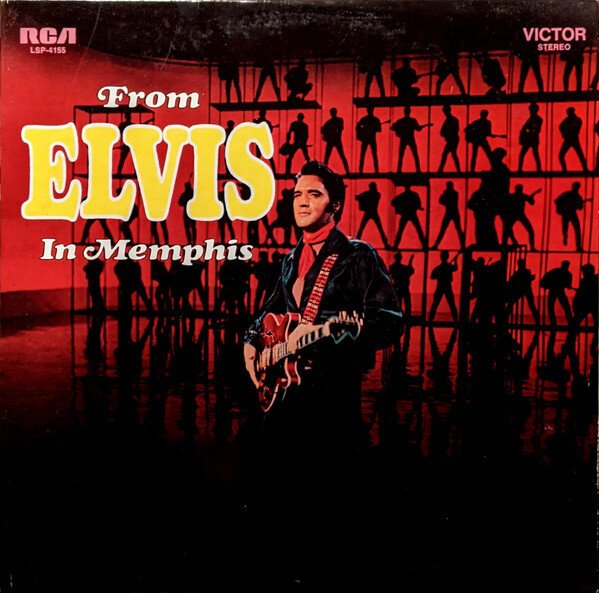
From Elvis in Memphis (1969)
Soulful storytelling and renewed artistry — includes "In the Ghetto.”
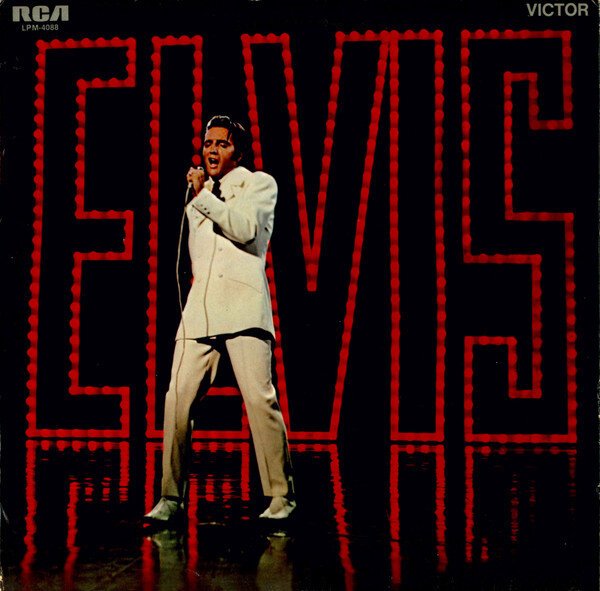
Elvis: NBC TV Special (1968)
The comeback that redefined him — intimate, powerful, unforgettable.
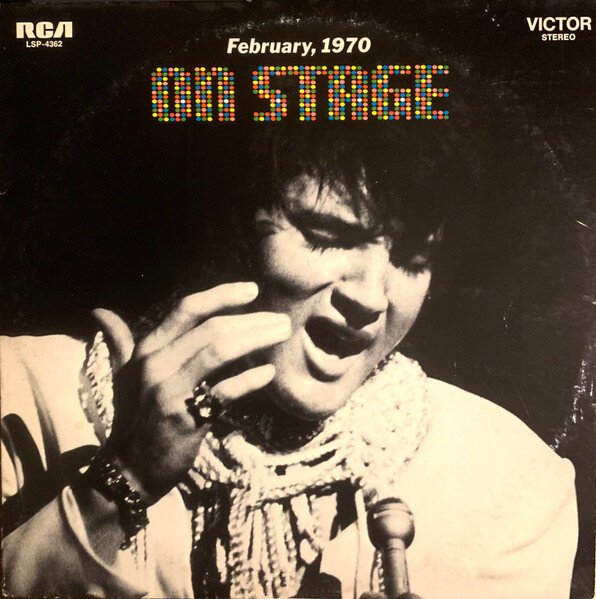
Elvis On Stage (1970)
Live charisma captured — pure connection between artist and crowd.
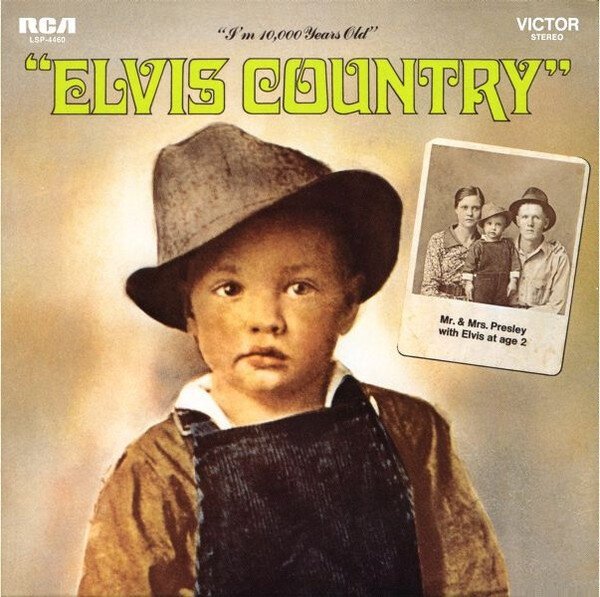
Elvis Country (1971)
A heartfelt return to his roots — blending country, gospel, and rock.
Essential Songs
- That’s All Right
- Heartbreak Hotel
- Hound Dog
- Jailhouse Rock
- In the Ghetto
- Can’t Help Falling in Love
- Suspicious Minds
- Burning Love
Did You Know?
- Elvis sold more than 500 million records worldwide — more than any solo artist in history.
- He never performed outside North America, yet became a global icon.
- The ’68 Comeback Special was shot in a small studio with an intimate crowd — no script, just instinct.
- His generosity was legendary — he sometimes gifted Cadillacs to complete strangers.